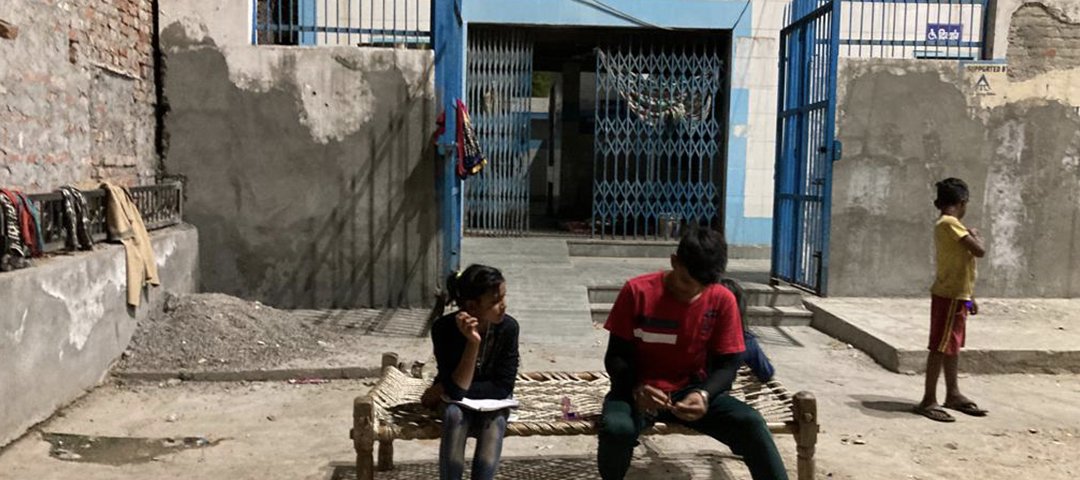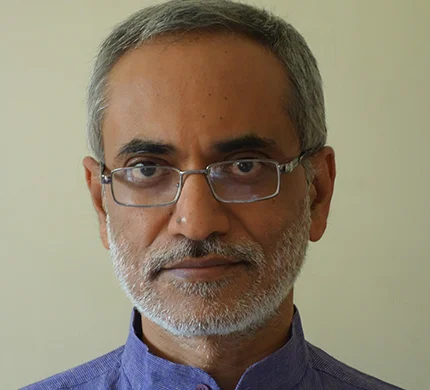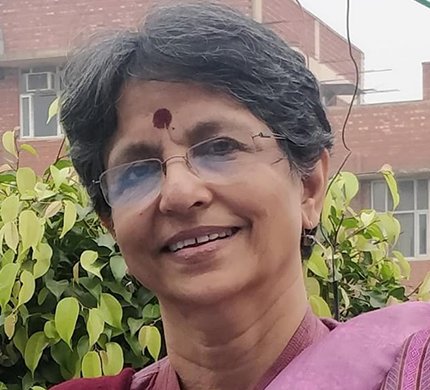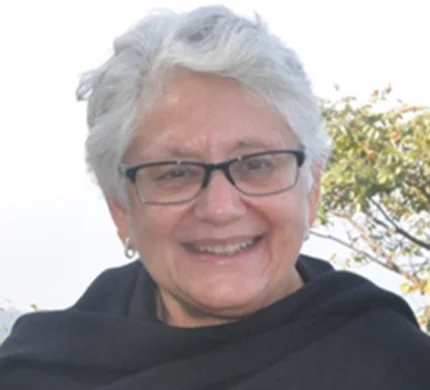
Sustainable futures depend on, and call for education that is committed to transformation, empowerment, progress, and growth. These aspired ideals of education are constantly under the pressure of utilitarianism and market-led discourse that gives priority to mechanical and instrumental education as well as segregated access. While this double-edged nature of education is detrimental to the progress and development of the children and youth, going against their critical engagement with the world; its effects are most visible at the margins. This study seeks to examine in depth the relationship between education and the margins of the city. By studying this relationship, knowledges can be generated to make way for education that is transforming and empowering in nature. To this end, this research aims to examine how schooling unfolds in the lower-class settlement of South Delhi. Research methods include examining and documenting intensive observations (participant as well as non-participant) of varied kinds of interactions, processes, practices, and rituals in four selected schools in the city. Alongside, semi-structured interviews and conversations will be conducted with various stakeholders in the schools- including teachers, interns, other development actors, children, and parents. The findings of the study will be disseminated to a larger audience through various means such as background reports, research articles, conference papers, policy briefs/suggestions and podcasts.
Key Words: Education, Social Inequality, Urban Margins, Sustainable Futures, Marginal Childhoods
Key Themes:
Cities, Marginalized Communities
Project Site:
Delhi
Principal Investigator:
Vijitha Rajan
Co-Investigator:
Jyoti Dalal
Publications
Doing Sociology





